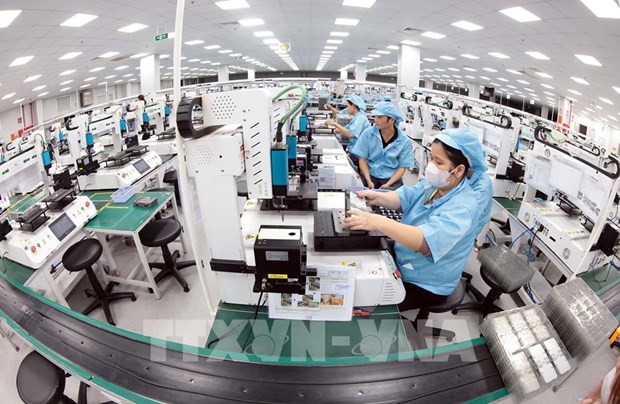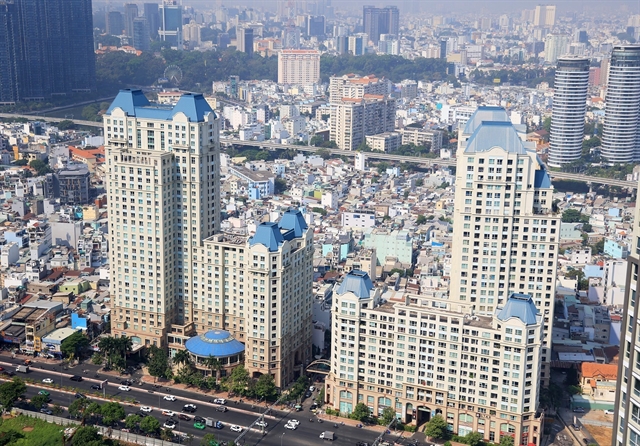 A Twist in the Tale
A Twist in the Tale

" />
Tourists who come to the beach city of Nha Trang are happy to see public “smart” toilets along Trần Phú Road. But they soon realize there are some inconveniences involved in using them.
When smart toilets are no longer smart
Tourists who come to the beach city of Nha Trang are happy to see public “smart” toilets along Trần Phú Road. But they soon realize there are some inconveniences involved in using them.
First of all, the toilet’s doors only open once a 2,000-đồng coin is inserted.
But the coin is largely out of circulation and most tourists don’t have one.
A long list of regulations listed in front of the toilet is another impediment. Anyone needing to use the toilet generally doesn’t have the pateince to read the lengthy notice.
“Every tourist has six minutes to use toilets, because after six minutes, the water system would automatically run to clear the floor,” according to one regulation.
Those who don’t read it do so at their peril - more than one tourist has gotten wet.
The cost of installing a smart toilet was about VNĐ580 million (US$26,000), while the effectiveness has not been proven.
Are glasses no good on the bench?
An announcement on the enrollment site of the of Viet Nam Court Academy has shocked many candidates.
Besides achieving the score needed to be accpted to university, based on the national high school exam results, male candidates must be over 1.6m tall and females over 1.55m. They must not have any defect in their appearance or be short-sighted.
Nguyễn Đức Bình , director of the academy, said the myopia standard was included in order to “standardize” the appearance of judges.
This is a strange regulation given that the number of Vietnamese students who are short-sightedn is on the rise.
According to a survey conducted by the Central Eye Hospital, 50 per cent of Vietnamese students suffer from short-sightedness, and the figures goes up to 80 per cent in big cities.
The question is whether students will be rejected by the university if they wear glasses, or expelled after several years’ study if they get glasses?
Many judges currently wear glasses, but there is no indication this affects Viet Nam’s judicial process.

.jpg)







